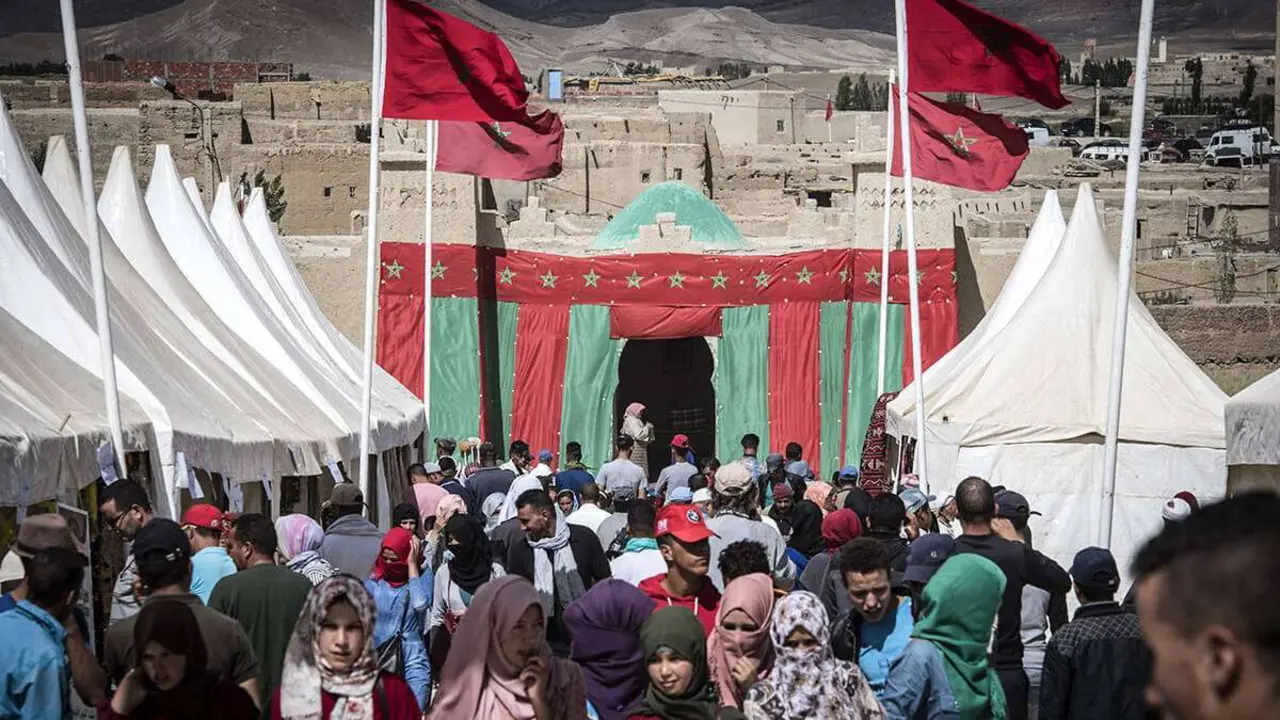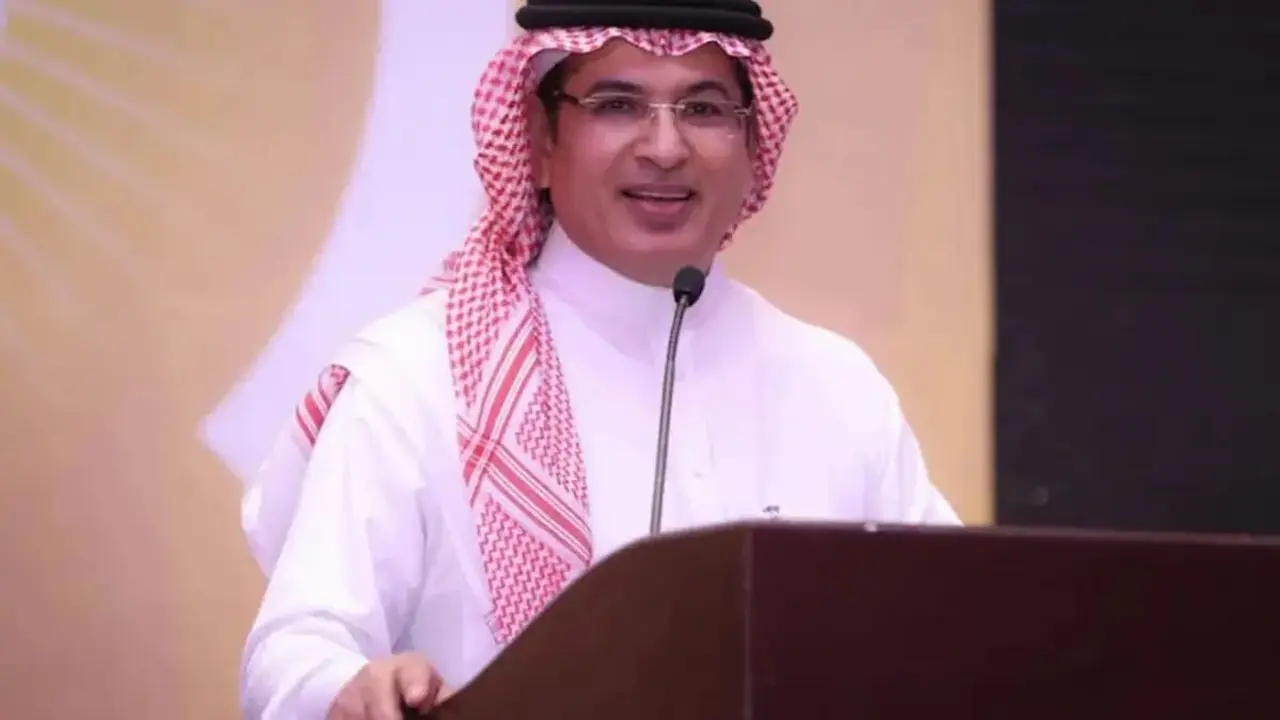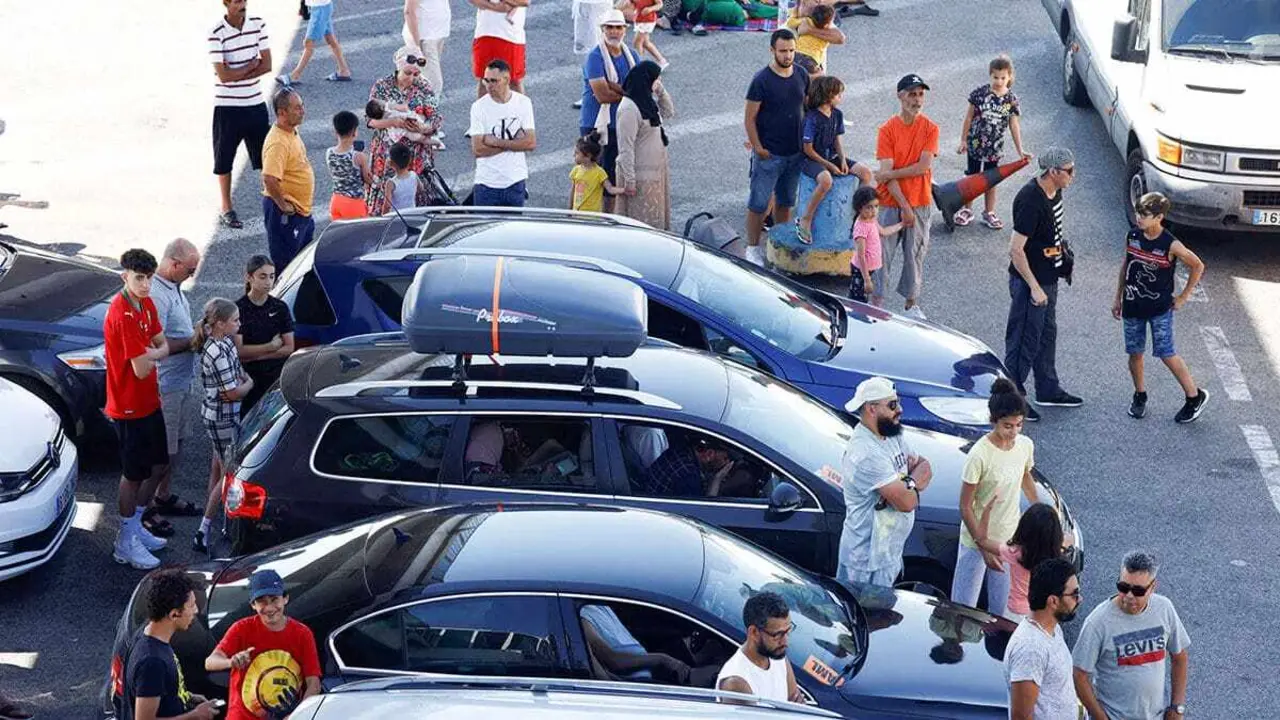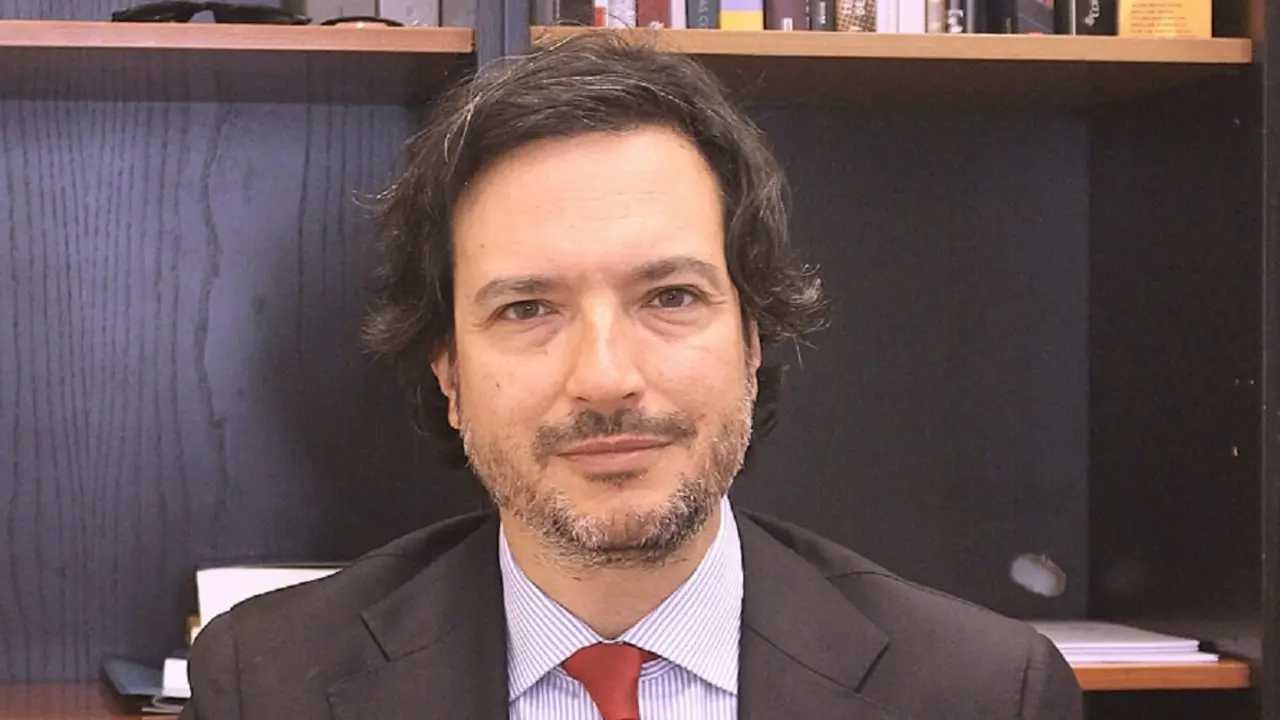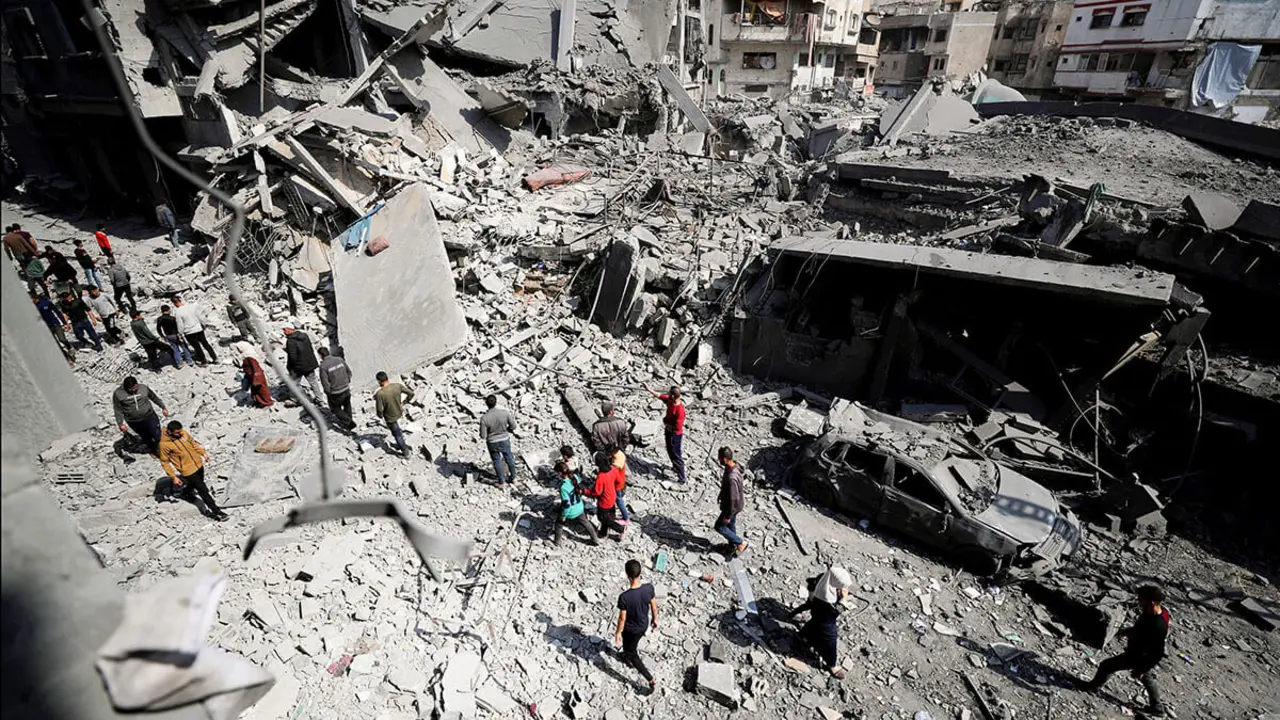¿Cómo se sienten los jóvenes marroquíes en Europa?

An estimated 4.1 million Moroccans live in the six countries that the Council of the Moroccan Community Abroad (CCME) has analysed in its latest study focusing on the youth of its diaspora. The state body that "observes" Moroccans abroad published on 16 September the results of a survey carried out in collaboration with IPSOS to better understand the opinions and situation of Moroccans aged between 18 and 35 living in Italy, Spain, France, Germany, Belgium and the Netherlands. The sample studied in these 6 countries is 1,433 people between these ages.
According to the study, young Moroccans living in these EU countries see themselves caught between a desire to integrate and a feeling of not belonging fully in these communities. At the same time, they remain strongly attached to their Moroccan origins. Almost all respondents return to Morocco for family reasons and maintain religious and cultural customs in European countries.

In the midst of the political debate on the integration of North African immigration in Europe, the CCME study sheds light on the protagonists of this issue. Among those surveyed, the vast majority of those residing in Central European countries already have the nationality of their country of residence. 86% in France, 82% in Germany, 88% in Belgium and 99% in the Netherlands. It should be remembered that, by its Constitution, Morocco considers as its nationals anyone born to at least one parent of Moroccan nationality. At the bottom of the list are Spain with 40% and Italy with 29% of Moroccan residents with the nationality of the country. They are also the most frequent visitors to Morocco (98% Spain, 96% Italy), which suggests shorter stays and less settled lives in these countries compared to France, Germany, Belgium and the Netherlands. All have demonstrated a level of language proficiency above 81% for all countries of residence, except in Italy, where only 57% of the Moroccan community reads, writes and speaks Italian correctly.
It is the diaspora residing in France that demonstrates the highest levels of education, with 50% of the surveyed sample holding higher education degrees. In Germany, 66% of the sample have no higher education than secondary school. Only 20% have higher education in Spain, which is similar to the Netherlands. In Italy and Belgium, the majority have only secondary education.

Despite obtaining nationality and mastering the language, the responses of most of the respondents lead to the conclusion that young Moroccans in Europe do not feel fully integrated in their countries of residence. Moreover, they do not feel fully perceived as Moroccans in Morocco either, and ultimately end up with a feeling of "double identity".
In the Netherlands, 84% have this perception of "double identity". In France, 80%, 79% in Belgium, 70% in Spain, 67% in Germany and 62% in Italy. It is worth noting that in France and the Netherlands, where the highest numbers of Moroccans with the nationality of the country are to be found (86% and 99%), it is also where the feeling of "dual identity" is highest among the young people surveyed.
As for the question of being perceived as a foreigner in their country of residence, the list is headed by respondents in Italy with 92%, followed by Germany (91%), Spain and the Netherlands with 82%, Belgium (80%) and finally France, which with 69% is where Moroccans feel perceived by others as fully resident.
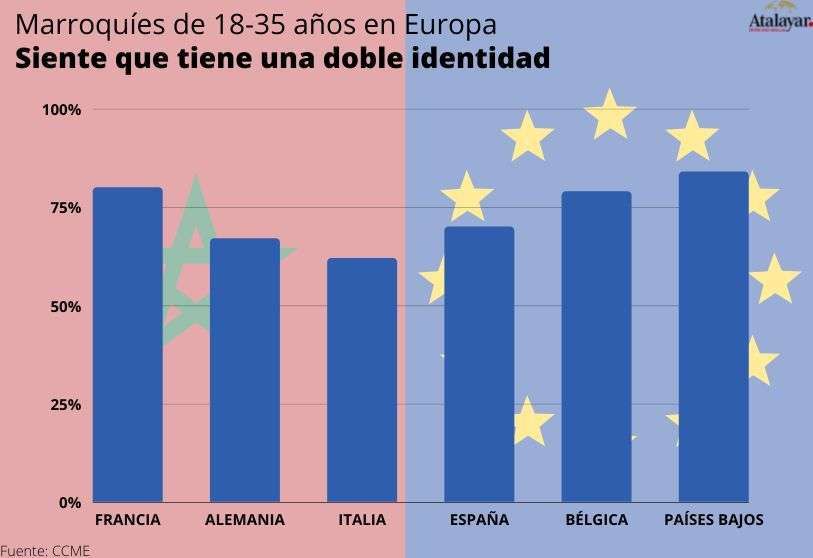
Towards Morocco
The study conducted by the CCME and the IPSOS Institute also addresses the way in which the young Moroccan diaspora relates to and views Morocco. Among the various issues, it highlights the strange feeling of dislocation of these young people once they are in Morocco. Life in Europe seems to leave them between two worlds when they return to their origins. This is one of the conclusions that can be drawn when one notes that 65.6% of respondents feel that they are perceived as foreigners in Morocco. Respondents from the Netherlands top the list with 91%. Italy offers the lowest number for this statement, with 42%.
In general, the young people surveyed have a positive opinion of Morocco, with an average of 74.5% across the six countries. Moroccans living in France have the best opinion of Morocco, with 89% of respondents approving of Morocco. Meanwhile, in the Netherlands, only 61% of the young people surveyed responded positively to this question.

However, young people living in these six European countries fail the Moroccan government and its reform campaign. According to the survey, the degree of satisfaction with the reforms undertaken in Morocco by the government is 34.3%. Moroccans living in Spain are the most supportive of Aziz Akhannouch's reforms, with a 57%. In Germany, however, the level of satisfaction is only 12%.
In terms of respondents' relationship with the administration of the Kingdom of Morocco and with the services provided to the diaspora, opinions differ greatly. Some 35.6% of respondents expressed dissatisfaction with the international transport service. 29.3% were dissatisfied with the Kingdom of Morocco's consular services. Another 29% were dissatisfied with customs services. Some 30% disapprove of the work of the Moroccan media and finally only 16% expressed dissatisfaction with justice-related services in Morocco.

Respondents are generally more interested and willing to participate in democratic processes in their countries of residence than in Morocco. Young people surveyed in France are the most interested in French elections, with 67%. The level of disinterest in politics in general is high in all countries, especially in the Netherlands (54%) and Germany (53%). In no country does it fall below 40%, except in France, where it reaches 28%.
Finally, young people in Europe are still very attached to the Muslim religion in their countries of residence. With the exception of young people living in Italy, over 91% of them fast during the month of Ramadan in the other countries. 79% of them go to the mosque. Some 79% attend mosques and 75.5% read religious books.

